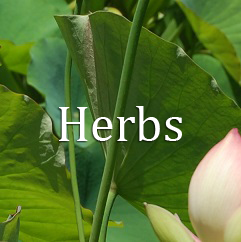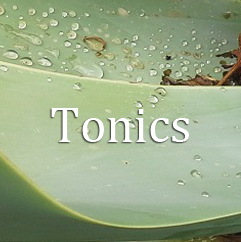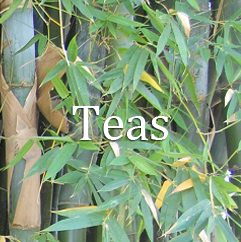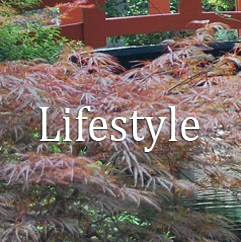Plants that Speak, Souls that Sing: Transform Your Life with the Spirit of Plants. / Fay Johnstone, 2017. Findhorn Press, a division of Inner Traditions International. 157 pages, tables, appendix, bibliography, color illustrations.
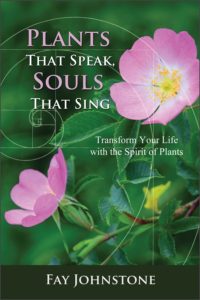
If you’re wondering which plants can talk to you, there’s a surprising answer in Plants that Speak, Souls that Sing by Fay Johnstone. In the book she supplies ways to love the spirit of nature in the form of exercises and practices, ways to “re-awaken your wild edges”, our uncultivated selves. Portraying any plant as nature, whether wild or cultivated, author Johnstone cites the human problems of dis-ease as stemming from our modern and urban lifestyles.
We are dis-associated from our nature, and customarily, but unwittingly, choose an unbalanced state as normal. In this condition, we place a higher value on intellect and live entirely in the scope of headspace, rather than allowing our hearts equal time.
To reach a state of balance and healing she proposes reconnecting with our hearts, a language we’ve lost, but can regain with intimate attention to nature.
I’ve noted how empowering the ideas in these exercises and practices can be. An age-old perspective, that of animating plants with spirit, is emboldened here. Age-old—meaning almost forgotten—is something to revisit if we honor our heritage, and that of the herbalist, poet and shaman. These are ways of calming and removing ourselves from the rush of day-to-day life and panic we’re all at risk of suffering to a greater or lesser degree. Not giving ourselves enough time to slow down and listen, we dismiss plants as unimportant: “we ignore subtle messages from the spirit world, thinking subtle is not important so there’s no time for them…” p. 134.
Yet nature is the foundation: we can find refuge there. We can receive from a plant spirit something we need to change—our loneliness. Like tree-hugging, the primordial relationship between humans and plants is mutually beneficial, if we take advantage of its offerings. Sometimes all that’s needed is a realignment of behavior—approaching every living being and thing with love—love can mean hugs and kisses but can also mean respect, plain and simple.
Because plants have no eyes nor ears like ours, we mistakenly believe that it’s hard to communicate with them. In Plants that Speak, Souls that Sing, we see how to approach and ask for favors of a whole garden, a single plant, or plant spirit. There are meditations to help you become better acquainted with a plant, get to know its character and exchange words, on any level. As a plant enthusiast, as gardener, nature lover, herbalist, flower essence maker this is one giant step removed from bringing knowledge to the plant and instead is more aligned with getting close to the softer, palpable aspects of the natural world that appeals to the heart. In fact, the less you intellectualize about your plant experience, the better, Johnstone explains.
Rather, it’s key to sense into your chosen plant prior to knowing much about it. Because later you can research the plant, finding out the country it’s native to, its botanical names, and cultural uses which could be medicinal or culinary, and thus enhance recollection of your experience with the plant.
The reward is an about-face, a 180-degree turn away from all that plagued you before the natural world’s debut in your life. At least you will have gained a plant friend and a different set of lenses to view the world with. Using this book’s advice to get out into and begin sensing into nature, you’ll see a new side of yourself, one that’s cheerful, focused, and more joyful.
So, Johnstone advises, go forth into the garden and open your heart. How to? She provides 37 exercises or practices which range from self-awareness and observation to “Heart Space Connection”, “Plant Speed Dating”, “Growing from Seed Meditation”, “Exploring Taste” and “Forest Bathing” and quite a few more. A number of the meditations are recorded and available on her website.
Believing that we share the environment we live in with flora and fauna, with water, wind, sky, and earth is a good start, because as humans, Johnstone says, “we think we run the world…”. She says, “…we are merely part of the whole organism.” (Introduction). Instead of ignoring this fact, we could seek community and kinship with nature that’s available to us however subtle the message.
As modern people, whether ailing, lonely, confused, rushed, panicked, or otherwise tried, we can diminish or even banish these obstacles by calling back our allies—the plant ones—and reconnecting with the “whole organism” of life. To do this, follow a few of the many exercises from Plants that Speak, Souls that Sing and re-acquire our position within the whole.
See Fay Johnstone’s website here.
Follow